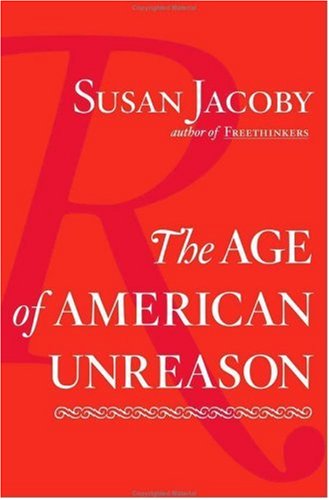Characteristics of Junk Science
The inseparability of junk science from junk thought is evinced by the telltale marks of endemic illogic coupled, in many instances, with deliberate manipulativeness. The first and most fundamental warning sign is an inability to distinguish between coincidence and causation—a basic requirement for scientific literacy… A second telltale sign of junk thought is the appropriation of scientific-sounding language without underlying scientific evidence or logic… A third important element in much of junk thought is innumeracy—a lack of understanding of basic mathematical and statistical concepts. Innumeracy is deeply implicated in the media’s and the public’s overreaction to many studies involving medical risks… Expert-bashing—a favorite tool of both the right and the left—is another distinguishing mark of junk thought, and the effectiveness of the technique depends on the public’s inability to distinguish among good science, bad science, and pseudoscience. Scientific evidence, however overwhelming, is dismissed by the expert-bashers as politically-biased.
Notes:
Jacoby outlines four characteristics or human flaws that allow for the propagation of junk science.
Folksonomies: anti-intellectualism junk thought junk science
Taxonomies:
/science (0.660717)
/law, govt and politics/government (0.449798)
/law, govt and politics/law enforcement/police (0.152121)
Keywords:
junk science (0.917223 (negative:-0.730176)), Junk Science Jacoby (0.888046 (negative:-0.765431)), scientific evidence (0.617414 (negative:-0.494189)), causation—a basic requirement (0.616923 (negative:-0.806581)), fundamental warning sign (0.614615 (negative:-0.806581)), medical risks… Expert-bashing—a (0.593290 (negative:-0.755545)), telltale marks (0.543664 (negative:-0.659667)), telltale sign (0.522031 (negative:-0.806581)), endemic illogic (0.518101 (negative:-0.659667)), human flaws (0.507750 (negative:-0.765431)), scientific-sounding language (0.500797 (negative:-0.806581)), public’s inability (0.498089 (negative:-0.743662)), deliberate manipulativeness (0.492991 (neutral:0.000000)), innumeracy—a lack (0.474300 (negative:-0.806581)), important element (0.469025 (negative:-0.806581)), distinguishing mark (0.468950 (negative:-0.755545)), statistical concepts (0.465452 (negative:-0.806581)), scientific literacy… (0.463874 (negative:-0.806581)), favorite tool (0.459411 (negative:-0.755545)), public’s overreaction (0.455682 (negative:-0.755545)), good science (0.454475 (negative:-0.743662)), bad science (0.453948 (negative:-0.712982)), characteristics (0.355427 (negative:-0.765431)), appropriation (0.353201 (negative:-0.806581)), coincidence (0.349918 (negative:-0.806581)), instances (0.344260 (neutral:0.000000)), pseudoscience (0.342529 (negative:-0.513085)), propagation (0.339031 (negative:-0.765431)), effectiveness (0.330521 (negative:-0.743662)), inseparability (0.329707 (negative:-0.659667))
Entities:
Jacoby:Person (0.809325 (negative:-0.765431)), Innumeracy:Person (0.637778 (negative:-0.755545))
Concepts:
Scientific method (0.960706): dbpedia | freebase
Mathematics (0.690355): dbpedia | freebase | opencyc
Pseudoscience (0.668996): dbpedia | freebase
Science (0.640677): dbpedia | freebase | opencyc
Human (0.597216): dbpedia | freebase | opencyc
Anecdotal evidence (0.582088): dbpedia | freebase
Evidence (0.542636): dbpedia | freebase
Scientific evidence (0.525836): dbpedia | freebase





